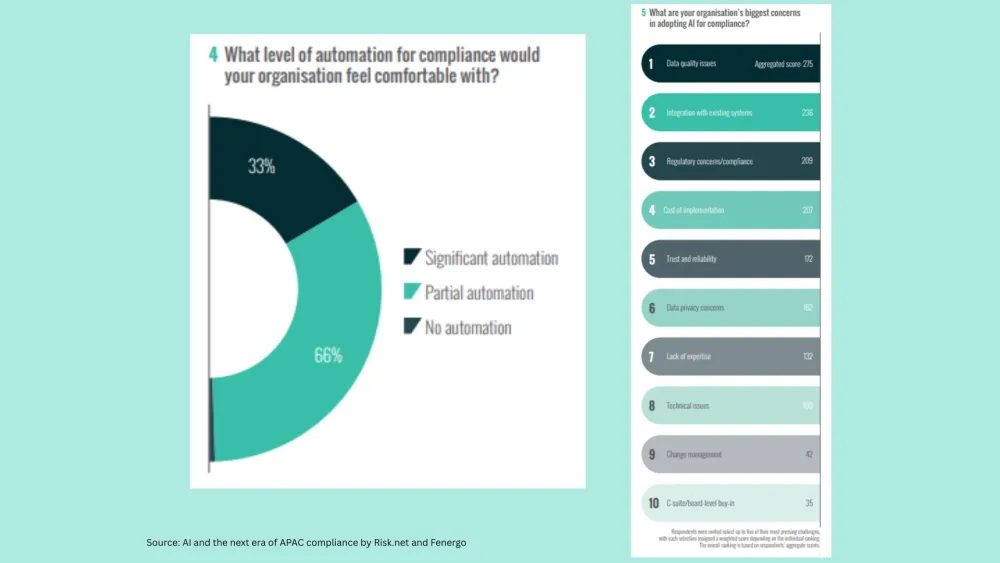
Standard Chartered unveils supply chain tool for monitoring sustainability, resilience
Companies will be able to do a health check of their operations.
Standard Chartered bank has launched a supply chain benchmarking tool to help companies monitor the resilience and sustainability of their supply chains.
The Supply Chain Performance Indicator enables companies to do a “health check” on their operations and highlights which areas to focus on, based on comparisons with peers across regions and sectors, the bank said in a press release.
Clients can then use the results to identify their areas of weakness and seek advice and solutions from Standard Chartered Bank to help achieve their goals.
Standard Chartered said that it developed the tool based on insights from its report “Critical indicators of sustainable supply chains,” which surveyed close to 1,000 global companies.
In particular, the report studied the resilience and sustainability of supply chains across regions and sectors based on five indicators: environmental soundness and transparency of direct suppliers and of indirect or deep-tier suppliers; financial robustness; flexibility and adaptability; and collaboration and connectedness throughout the ecosystem.
These five indicators will also be used by the Supply Chain Performance Indicator in checking companies.
The survey found that whilst 90% of the respondents said sustainability and resilience are strategic imperatives, there remains a significant gap: nearly two-thirds of companies said their actual performance lags the importance they place on meeting each of the indicators.
Environmental and social practices in the supply chain may potentially be a major source of risk. Only 40%of those surveyed indicated confidence that they perform highly when understanding and monitoring environmental standards and labour practices.
Only 43% of companies said that they view environmental soundness and transparency of indirect suppliers as highly important, whilst only 2 in 5 companies view providing finance to indirect suppliers as highly important.
Whilst the findings show that there is much to be done, the report also highlighted a strong willingness amongst respondents to work with their financial institutions to address the gaps, Standard Chartered noted.
In order to do so, the bank said that companies will need to expand their approach to supply chain management beyond operational efficiency, to improve their flexibility and financial robustness, whilst also managing ESG-related risks.
Suggested methods of action include enhancing access to finance for more financially resilient supply chains, particularly for lower-tier suppliers who often do not get adequate financing; making trade finance transactions more transparent and secure for better supply chain visibility; and driving the adoption of sustainable practices across entire supply chains.



















 Advertise
Advertise












